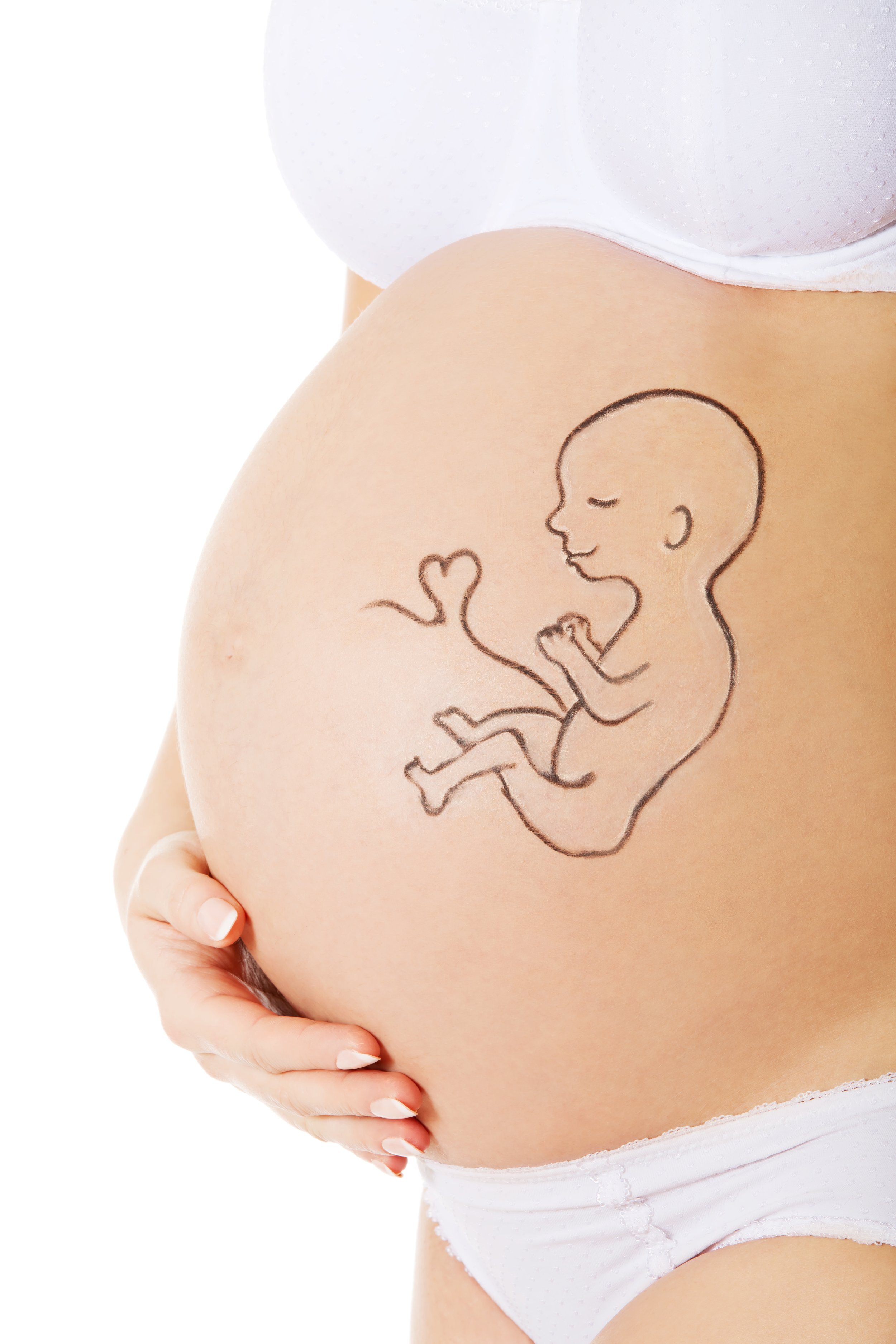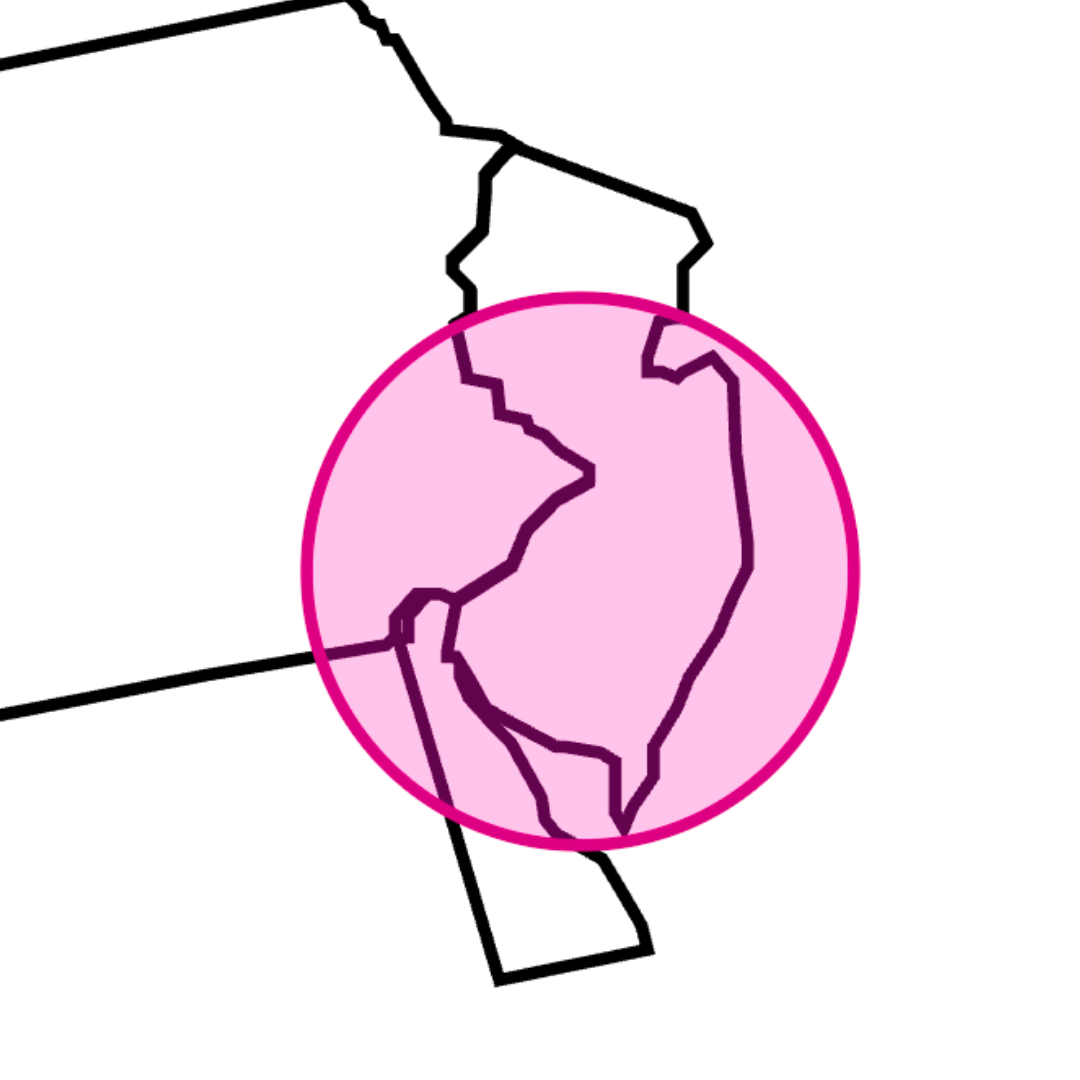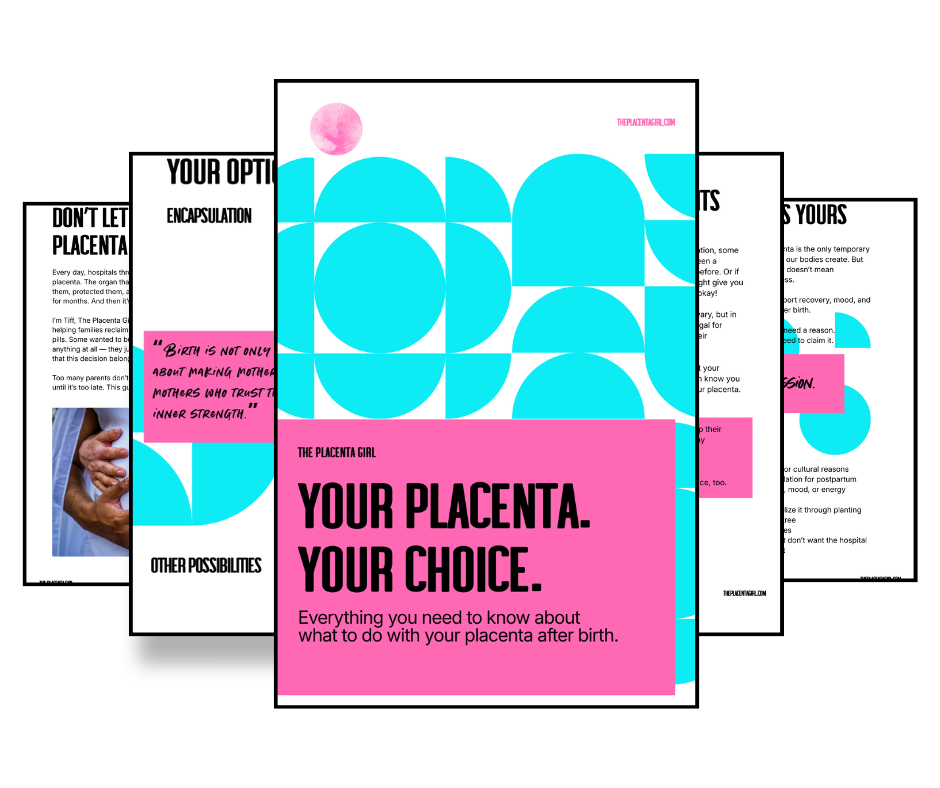The placenta girl
Helping families keep their placentas out of the trash since 2012.
don’t let your placenta get trashed
Your placenta worked hard for you and your baby. And it deserves better than getting tossed out with the trash.
If you’re not sure what to do with your placenta after birth, why not consider placenta pills?
Placenta pills can help boost your postpartum mood, energy, and recovery.
Yes. Seriously.

Let’s get those hormones back in your body
before your body notices they’re gone.
YOUR $375 ENCAPSULATION PACKAGE INCLUDES:
Placenta transport kit
Placenta pick-up from your birth place
Return delivery of your placenta products
Umbilical cord keepsake
Placenta tincture
Unlimited support via text, email, or phone
Lifetime access to my comprehensive digital postpartum toolkit
*Additional add-ons and options available
Best case scenario looks something like this:
I had Postpartum anxiety after all 3 of my previous births, and pretty severe depression after my 2nd baby. There was a noticeable difference this time, and I do attribute much of that to consuming my placenta.
— Dana Hansbury, Doula
And worst case?
meh. I just didn’t want the hospital to have my placenta.
I won’t bullsh*t you.
It’s true. The science might not be there. Yet. (I mean, who would profit if we moms stopped needing what they’re selling, right?)
But I will tell you that placenta encapsulation is just about as risky as eating out at a restaurant and letting someone else prepare your food for you.
So don’t let the hospital keep your placenta. Put it to work for you instead.
Serving Central & South Jersey, the Jersey Shore, Philadelphia, & Delaware
I provide placenta encapsulation services for hospitals, birth centers, and home births within approximately a 90-mile radius of my home workspace on the west side of Cherry Hill.
Hey! I’m tiff.
AKA the placenta girl
“MY BODY, MY CHOICE” applies to all body parts, including placentas.
And while I’ll never make promises I can’t keep, I won’t guarantee that your pills will do anything for you. For real.
BUT…
I 100% believe that choosing placenta encapsulation is one of the most empowering moves you can make as a new parent.
And I do guarantee, that if you end up struggling, either I, the pills, or both will help you get through it.
We’re your insurance policy!
And sure, the science might be lagging (thanks, big pharma), but the anecdotal evidence is pretty strong — placenta pills can help you have a more empowered postpartum experience.
Pregnant In SOuth Jersey And Not sure what to do with your placenta after birth?
Grab my free guide and learn about your options.



